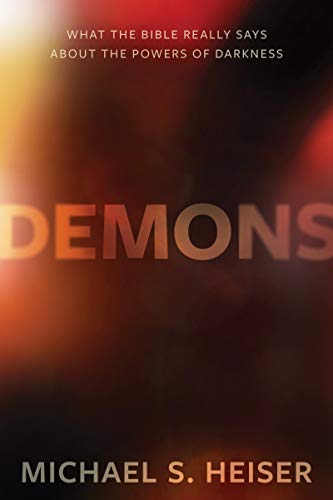BEN: I was pretty surprised by your take on Sheol in the OT. It seems to me it is simply the land of the dead at least in Israel, not the domain of wicked humans and evil spirits. For example, the prophet Samuel seems to be summoned up from there by a medium, and the very phrase ‘gathered to one’s ancestors’ in conjunction with talking about death and the grave surely conjures up the place of the dead in the ground. So far as I can see, your name has to begin with E to get beamed up into God’s realm— Elijah and Enoch. Nothing is said about all the righteous going to heaven. Am I wrong about this, and if so, what’s the counter evidence? Put another way, while Biblical figures like the patriarchs want to be buried in the holy land, and some were moved there with the exodus from Egypt, at least in regard to the Holy Land, they thought Sheol was just the land of the dead, the underworld, whatever they may have thought about the underworld outside of God’s country. Right?
MICHAEL: I’d say it’s “all the above” because of the way I approach the previous question. But I’ll add another thought here. People got buried in the ground or in places / recesses that were cut off from normal human habitation (e.g., caves). The idea was that such holes / pits / places were gateways to the place under the earth, the realm of the dead. You still buried your dead in holy ground, so the conception was the same – but also different because of cosmic geography. Being buried in Yahweh’s land (which the patriarchs were) mattered in that worldview. Not being in Yahweh’s land is at the heart of the Jude passage about the dispute between Michael (prince of Yahweh’s land/people) and Satan over Moses’ body. Second Temple tradition makes it clear that people assumed there was a problem for Moses in terms of where he’d been buried.













